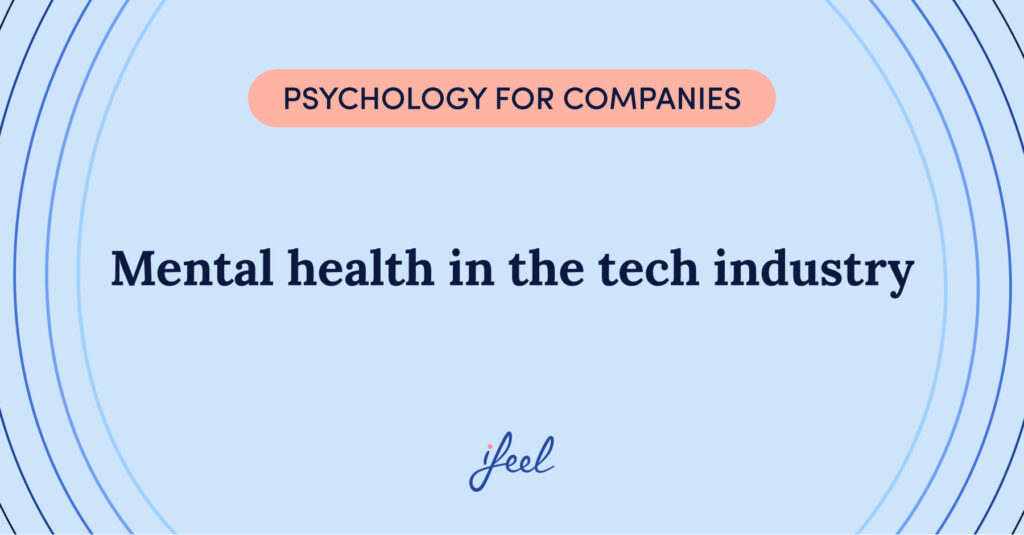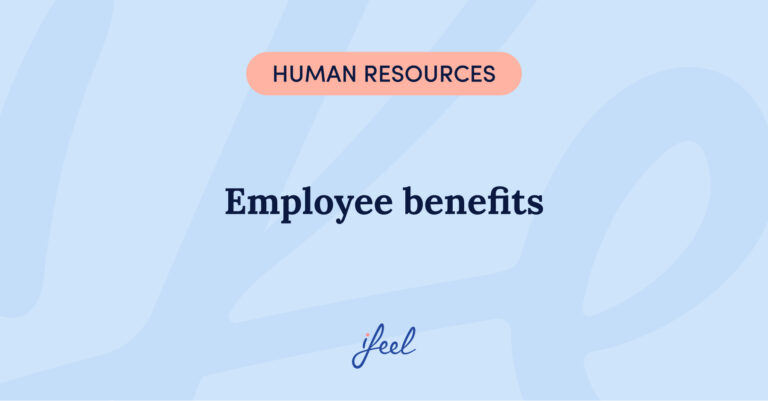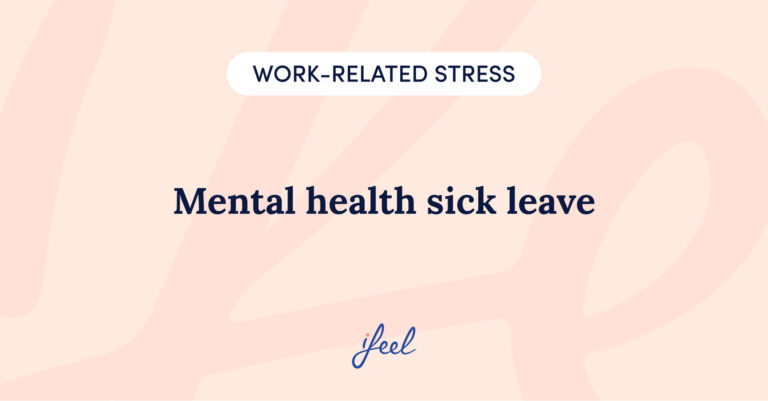The tech industry, known for its fast pace, constant innovation, and tight deadlines, is facing an increasingly evident challenge: protecting its employees’ well-being. This is because long working hours, combined with chronic stress and constant pressure to stay ahead of the curve, not only severely affect workers’ mental health but also end up compromising key aspects such as productivity, talent retention and even the long-term sustainability of companies.
As challenges related to burnout, anxiety, and lack of work-life balance continue to intensify, techn organisations find themselves at an increasingly complex crossroads. They must maintain their capacity for innovation to remain competitive, while also ensuring their teams’ well-being to avoid long-term negative consequences.
In this context, the solution lies in adopting comprehensive strategies that not only address these issues effectively but also foster a more resilient, committed and future-ready organisational culture.
In this article, we explore how a leading tech company decided to proactively address these challenges and successfully transformed its approach to employee mental health. Thanks to their collaboration with ifeel, not only did they improve their team’s well-being, but they also achieved tangible results in terms of retention, productivity and cost savings.
Read the full case study here.
The mental health challenge in the tech industry
The demanding nature of the tech industry, combined with the fast-paced and competitive work environment that characterises modern times, has created a series of problems that not only impact employees’ individual well-being within this industry, but also directly affect productivity, talent retention and the financial results of different organisations. Among the main challenges facing the tech industry are:
High levels of burnout
Professional exhaustion, or burnout, has become an alarming reality within the sector. In fact, according to reports, 42.1% of technology employees are at high risk of exhaustion, a percentage significantly higher than in other sectors.
Of course, this phenomenon not only affects workers’ physical and mental health, but also increases talent turnover, as 2 out of 5 employees at risk report considering leaving their job in the next six months.
Impact on mental health
Statistics also show that professionals in the tech industry are five times more likely to suffer from depression than the national average in countries such as the United Kingdom. This data reflects how the constant pressure to keep up with the latest trends, meet tight deadlines and manage complex projects can trigger mental health problems such as anxiety, insomnia and social isolation.
Furthermore, the lack of balance between personal and professional life further exacerbates this situation, affecting both work performance and the quality of life of employees.
Lack of organisational support
Despite the magnitude of the problem, many tech companies lack clear and effective strategies for addressing mental health in the workplace. This perpetuates the stigma associated with these issues and makes it difficult for employees to seek help when they need it. In addition, leaders and managers often lack the necessary training to identify and manage these issues, further exacerbating the situation and leaving workers without adequate support.
As a result, the lack of strategies to address these challenges can lead to lower talent retention, increased absenteeism and a drop in productivity, jeopardising the long-term sustainability and success of technology organisations.
The question is: how can tech companies overcome these challenges and ensure both the mental health of their employees and their competitiveness in the market?
Lessons from a success story in the tech industry
In an industry marked by constant stress and burnout, a leading IT services and consulting company in Germany, with 3,500 employees, faced critical challenges: high levels of absenteeism, staff turnover, and a significant financial impact due to chronic stress among its technical teams.
To date, the company had attempted to remedy the situation through traditional employee assistance programmes (EAPs). However, these proved insufficient, with participation rates below 5% and a generic approach that failed to adapt to the specific needs of its international workforce.
To reverse this situation, the company turned to ifeel, which implemented a comprehensive and personalised mental health programme that addressed each of the company’s concerns. Thanks to an approach based on advanced technology, clinical protocols and multilingual support, the programme achieved:
| Category | Results |
| Clinical impact | Significant improvement in the well-being of 207 employees and a 29% reduction in medium and high-risk cases. |
| Financial impact | Savings of €1.17 million by reducing costs associated with absenteeism and turnover by 21%. ROI of x5.7 in six months. |
| Employee satisfaction | Net Promoter Score (NPS) of 85, reflecting a high level of commitment and positive assessment of the initiative. |
This case study proves that investing in mental health not only improves employees’ quality of life, but also boosts productivity, talent retention, and business sustainability.
If you would like to learn more about this success story and discover how ifeel can help you transform your organisation’s mental health strategy, we encourage you to download our full case study here.
Investing in mental health: A strategic decision for business success
This success story shows that investing in mental health not only improves employees’ quality of life, but is also a strategic decision for businesses. In fact, according to internal data from ifeel, proactively addressing mental health can generate savings of up to €50,000 per high-risk case. In addition, organisations that prioritise the emotional well-being of their teams enjoy key benefits such as:
- Reduced absenteeism: Fewer days off and greater continuity in operations.
- Increased productivity: Motivated and committed employees perform better and more efficiently.
- Improved talent retention: Reduced costs associated with hiring and training new employees.
- Positive cultural change: An inclusive and empathetic work environment improves the company’s reputation as an employer.
ifeel: the imperative solution for workplace mental health
ifeel offers a 360º solution designed to address the specific challenges of each organisation, combining advanced technology, clinical protocols and a personalised approach. Its main features include:
- Real-time diagnosis: Rapid and accurate identification of employees at risk.
- Personalised plans: Therapy tailored to the level of risk (low, medium or high).
- Measurable impact: Reduction in costs associated with absenteeism and turnover.
- Training and workshops: More than 50 original workshops led by clinical psychologists.
In addition, ifeel integrates easily with existing wellness strategies, ensuring a positive impact on both employees and corporate culture. Investing in mental health is not only a responsible decision, but also a smart business strategy that drives sustainability and long-term success.
Discover how ifeel can transform your company
The experience of this leading tech company shows that investing in mental health is not a luxury, but a necessity in an environment where innovation and competitiveness are constant.
If you would like to learn more about this success story and discover how ifeel can help you transform your organisation’s mental health strategy, we encourage you to download our full case study.
Download the case study here
Don’t wait any longer to take the next step towards a healthier, more productive workplace that is ready for the challenges of the future. Discover today how ifeel can make a difference in your organisation.











